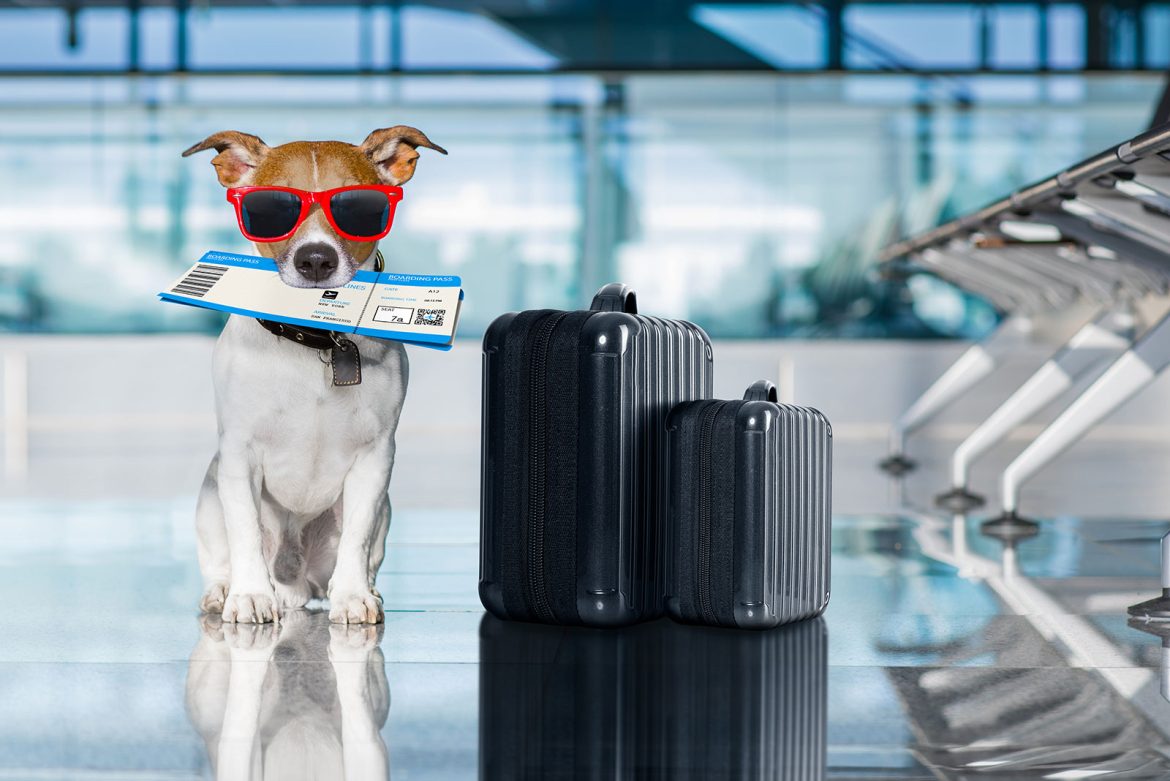In a 2025 trends report, Hilton reveals the preferences that are driving global travel.
As the old wise men say: it’s all a matter of taste. However, these tastes change, renew and evolve over time. You don’t want the same thing at 20 as you do at 30 or 50. Travelling alone or with children is not the same either. Of course not. And it’s not just me who says it, but one of the most important hotel chains on the planet.
Hilton predicts in its travel trends report that 2025 will be the “year of maximizing travel.” While 2024 was the year of the “big recharge,” where sleep-in retreats made headlines, mindful drinking rose in popularity, and wellness-themed rooms rose to prominence, today’s surveyed travelers want to combine their desire to relax with high-impact adventures and experiences.
The Hilton study involved 13,000 travelers from 13 countries, feedback from more than 4,100 Hilton team members and in-depth interviews with dozens of travel experts. Chris Nassetta, president and CEO of Hilton , says, “The report reveals what has been simmering for years: the intersection of work and play; relaxation and adventure; being alone but together.” He adds, “Travelers don’t just want to choose their own adventure, they want to maximize every moment of travel.”
According to the head of the hotel brand, «these new data reveal a fascinating dichotomy and a growing focus on experiences that will keep us on our toes, and that are constantly evolving to meet the needs of the traveler of tomorrow.»
Among some of the report’s highlights, 37% of travelers prefer to sleep in a separate bed from their partner when traveling , and most parents think it’s better to sleep separately from their children.
On the other hand, active tourism continues to boom, with almost 7 in 10 international travelers preferring to stay on the move during their holidays. By 2025, it is estimated that 1 in 5 leisure travelers plans to participate in outdoor activities, a trend that reflects the growing interest in adventurous getaways. These types of experiences, where adrenaline and contact with nature are the protagonists, contrast notably with those who choose to relax and disconnect completely.
Meanwhile, 1 in 5 international travellers prefer to take advantage of their holidays to completely rest , staying in bed without doing any activity. This phenomenon, known in Scotland as «Hurkle-Durkling» , is gaining ground, while more than a quarter of tourists book spa or wellness treatments with the aim of improving their rest and mental health.
Tourism is also being influenced by a return to childhood memories. 58% of people who travel with children return to destinations they visited as children, in an attempt to recreate those nostalgic experiences.
At the same time, the “slow travel” trend is gaining popularity, with 1 in 4 travelers planning to immerse themselves in a destination for an extended period of time. This approach allows for a deeper understanding of the local culture, moving away from fast, exploratory tourism and adopting a slow, authentic pace to experience the local lifestyle.
Technology is also transforming the travel experience. 63% of travellers consider it essential to have a digital key to access their hotel rooms. This allows them to avoid queues at reception and go directly to their accommodation. The convenience and speed offered by these digital solutions are highly valued by those looking to optimise their time and experience.
However, as technology advances, many travellers are choosing to disconnect. 24% of international tourists admit to reducing their social media activity during their holidays , prioritising rest and digital disconnection.
Family tourism is also influenced by the so-called «Alpha Generation». 70% of travellers with children choose holiday destinations based on the preferences of their children , putting the tastes and needs of the new generations first when planning. On the other hand, solo tourism continues to rise. 64% of travellers who prefer to travel alone consider a good book to be their best travel companion, highlighting the value of time alone and personal enjoyment on this type of getaway.
25% of solo travelers (“MeMooners”) often travel for pleasure with their pets, much more often than the average leisure traveler (19%). Today, nearly 30% of the world’s leisure travelers often travel with friends who are also co-workers (“Frolleagues”) on their leisure adventures.
Nearly 1 in 5 international leisure travelers plan to seek out new restaurants or culinary experiences. In fact, 50% of these travelers make restaurant reservations before they even book their flights, demonstrating the growing importance of gastronomy in vacation planning.
In parallel, the “sober curious” trend continues to expand. In the past year, 1 in 4 international travelers reduced or eliminated alcohol consumption, aligning themselves with “Tempo Drinking,” a conscious practice of moderating both the pace and quantity of alcoholic beverages consumed.
“Soft travel” is gaining ground, with more than 1 in 5 travelers choosing getaways that promote self-discovery and mental health. This type of experience is characterized by simplicity and spontaneity, allowing travelers to connect with themselves and their surroundings in a deeper way.
Finally, in the sports sector, sales linked to sports tourism experienced significant growth. Between 2019 and 2024, Hilton Worldwide ‘s revenue in this sector tripled, with 80% of sales attributed to youth or amateur sports.

